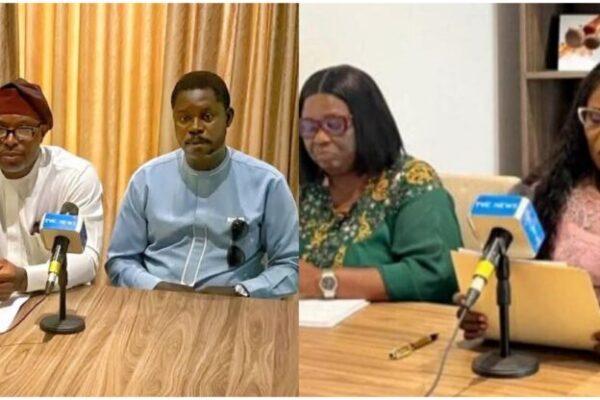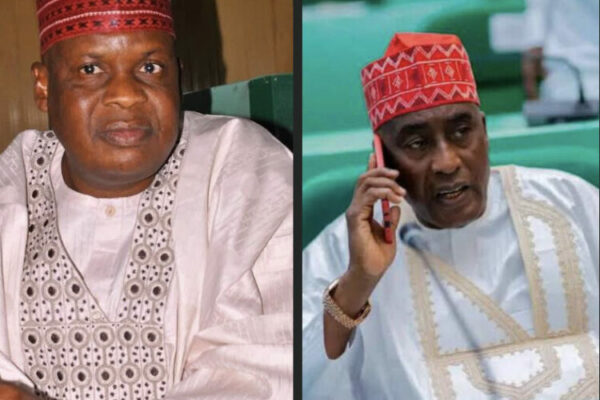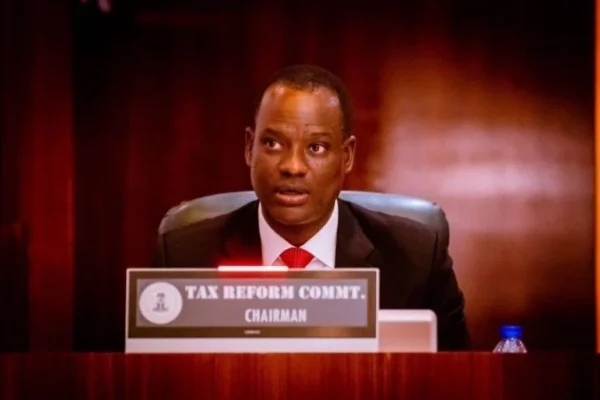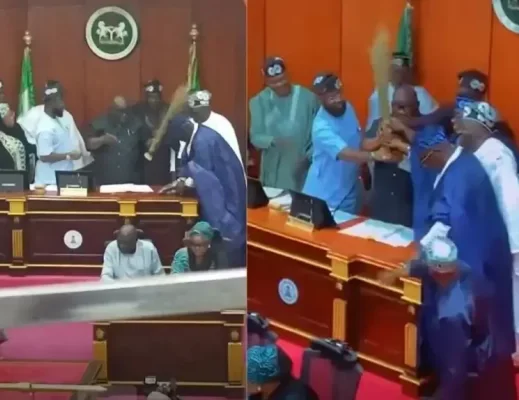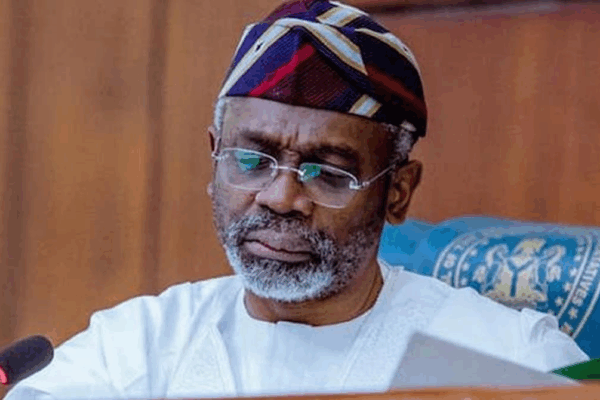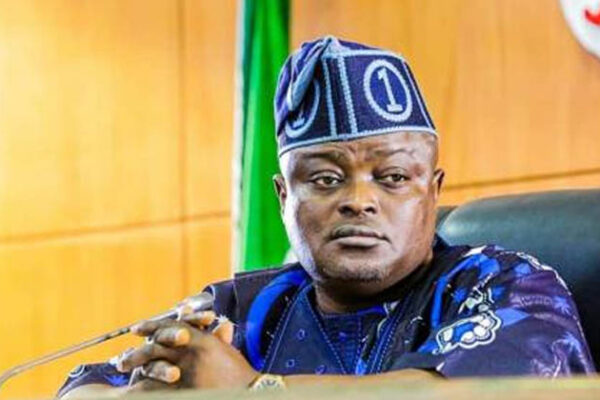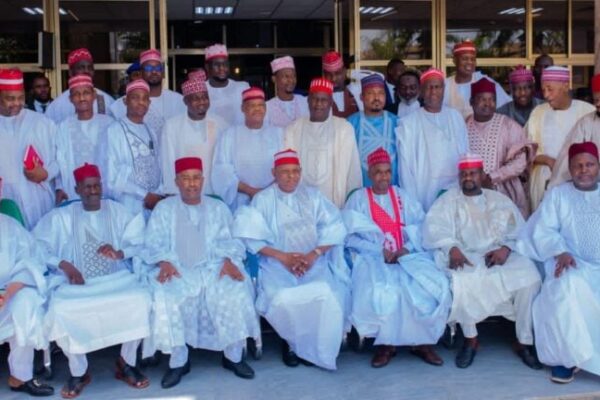
Mass Defection Rocks Kano As 22 Lawmakers Dump NNPP For APC After Governor Yusuf’s Exit
No fewer than 22 members of the Kano State House of Assembly have dumped the New Nigeria Peoples Party (NNPP) for the All Progressives Congress (APC) in a major political shake-up in the state. The lawmakers announced their defection on Monday during plenary, shortly after Governor Abba Yusuf formally resigned from the NNPP following his recent visit to President Bola Tinubu at the State House in Abuja. In his resignation letter addressed to the chairman of the Diso–Chiranchi Ward in Gwale Local Government Area, Yusuf blamed his decision on what he described as “deepening internal crises” and “prolonged leadership disputes” within the party. The governor’s move was carried out alongside 22 state lawmakers, eight members of the House of Representatives, and all 44 local government chairmen in Kano State, marking one of the largest mass defections in the state’s political history. Among the defecting lawmakers are Speaker Jibril Falgore (Rogo), Deputy Speaker Muhammad Bello Butu Butu (Tofa/Rimin Gado), Majority Leader Lawan Hussain (Dala), Deputy Majority Leader Garba Shehu Fammar (Kibiya), and Chief Whip Muddasir Ibrahim Zawachiki (Kumbotso). A video shared on X by user @Imranmuhdz captured the moment Speaker Falgore called each lawmaker to publicly declare their new political affiliation on the floor of the assembly. Announcing his defection, Rabiu Shuaibu (Dawakin Kudu) said, “I, Shuaibu Rabiu, representing Dawakin Kudu, resign my membership of the NNPP to the APC with immediate effect from today (Monday).” Tukur Mohammed (Fagge) also confirmed his decision, saying, “Mr Speaker, I am here to confirm I am resigning my membership of the NNPP and joining the APC.” Other lawmakers who moved to the APC include Zakariyya Abdullahi Nuhu (Gabasawa), Lawal Tini (Ajingi), Musa Tahir Haruna (Albasu), Ali Lawan Alhassan (Bagwai/Shanono), Ali Muhammad Tiga (Bebeji), Hafiz Gambo (Bunkure), Murtala Muhammad Kadage (Garko), Abdulmajid Isah Umar (Gwale), Ahmad Ibrahim (Karaye), Alhassan Zakari (Kura/Garun Malam), Suleiman Mukhtar Ishaq (Madobi), Abdulhamid Abdul (Minjibir), Muhammad Ibrahim (Rano), Kabiru Sule Dahiru (Tarauni), and Ali Abdullahi Manager (Wudil). Reacting earlier to Governor Yusuf’s defection, NNPP national leader Rabiu Musa Kwankwaso described the development as a betrayal and declared January 23 as “World Betrayal Day.” Kwankwaso was instrumental to Yusuf’s emergence as Kano governor in the 2023 election through the Kwankwasiyya political movement.


